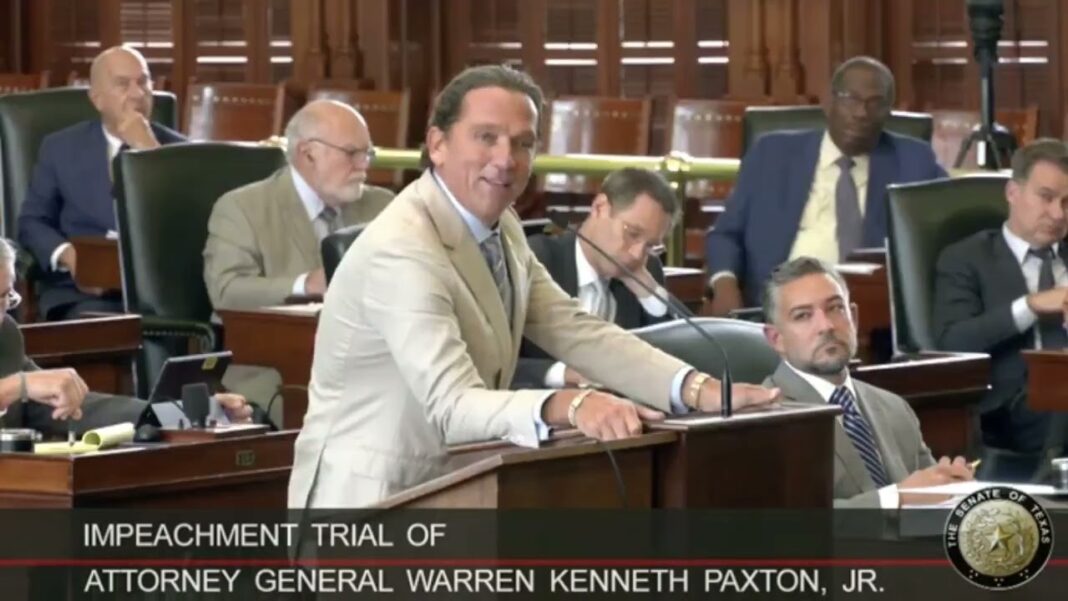Researchers are calling into question Pfizer’s early trial data on its original COVID-19 vaccine after a forensic analysis revealed significant problems.
A group of researchers are calling into question Pfizer’s and BioNTech’s early trial data on its original COVID-19 vaccine after a forensic analysis revealed significant inconsistencies between data in the companies’ six-month interim report and publications authored by Pfizer/BioNTech trial site administrators.
The preprint, published on Sept. 4, showed trial subjects vaccinated with Pfizer’s COVID-19 vaccine experienced a 3.7 times increase in cardiovascular deaths compared to placebo controls—a “significant adverse event signal” not disclosed by Pfizer when the vaccine was authorized for emergency use. In addition, the analysis found numerous instances where Pfizer/BioNTech attributed potential vaccine-associated deaths to other causes and undermined vaccine safety data.
Clinical Trial ‘Cause of Death’ Unsupported by Documentation
Researchers from the DailyClout Pfizer/BioNTech Documents Investigations Team assessed data from Pfizer’s original phase two/three clinical trial involving 44,060 subjects equally divided into two groups. One group received a dose of Pfizer’s COVID-19 vaccine, and the other received a placebo. As part of their analysis, researchers reviewed the cause of death forms (CRFs) of 38 trial subjects who died during the study period from July 27, 2020, to March 13, 2021, the end date of the clinical trial.
They found that 14 of the 38 deaths—more than one-third of deaths—resulted from cardiovascular events, accounting for the difference between the 21 deaths in the vaccination arm compared to the 17 deaths in the placebo arm. In numerous cases, researchers found that documentation did not support the cause of death diagnosis or allow one to rule out the possibility of a cardiovascular event with an autopsy.
“In general, our review of the CRFs found them to be lacking in detail and extremely difficult to interpret and develop a good timeline of events,” researchers wrote. “Often, a subject’s pre-trial clinical history was absent. Absent also were results of the extensive array of medical testing carried out at the pre-trial screening and at other regularly scheduled visits.”







